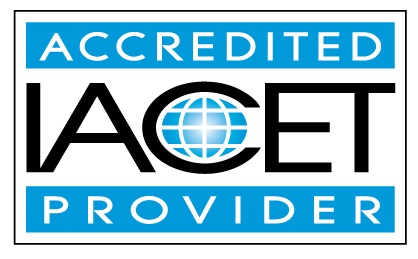Description
Like many value statements, all of us support ‘Patient-Centered Care’; but are we able to provide the “care” and solutions that meet your patient’s REAL needs? The CRT industry has grown, consolidated, and developed lots of new technologies over the past 50 years; but are we truly offering patients better solutions which improve the person’s level of participation? This webinar will explore uncomfortable trends in our practice which result from antiquated public policy and the growing gap between the professionals of CRT and our CRT Consumers. This webinar will focus on calculated steps to “get the horse back in front of the cart”.
Jean is a physical therapist and master clinician well recognized for her work in Assistive Technology. She is currently the Senior Vice President of Rehab and Mobility Services at ICS – Independence Care System, where she leads On A Roll, an OT/PT private practice specializing in Seating and Wheeled Mobility services. She is a published author, including many peer reviewed journal articles and most recently, she co-edited, with Michelle Lange, the newly published textbook, Seating and Wheeled Mobility – a Clinical Resource Guide. The A.T. community has recognized Jean for her contributions by awarding to her, the RESNA Fellow award in 1995 and the Sam McFarland Mentor Award in 2012.
Michelle is an occupational therapist with over 30 years of experience and has been in private practice, Access to Independence, for over 15 years. She is a well-respected lecturer, both nationally and internationally and has authored numerous texts, chapters, and articles. She is the co-editor of Seating and Wheeled Mobility: a clinical resource guide, editor of Fundamentals in Assistive Technology, 4th ed., NRRTS Continuing Education Curriculum Coordinator and Clinical Editor of NRRTS Directions magazine. Michelle is a RESNA Fellow and member of the Clinician Task Force. Michelle is a certified ATP, certified SMS and is a Senior Disability Analyst of the ABDA.
Learning Outcomes:
Participants will be able to identify the disconnect between the rights written into the ADA, protected by Olmstead, and current Medicare Policy.
Participants will be able to identify at least 2 changes in their service delivery practice that increases the involvement of the patient during product selection and access to funding process steps.
Participants will be able describe 2 common ‘disconnects’ between the clinic team members needs and the patient’s needs.


